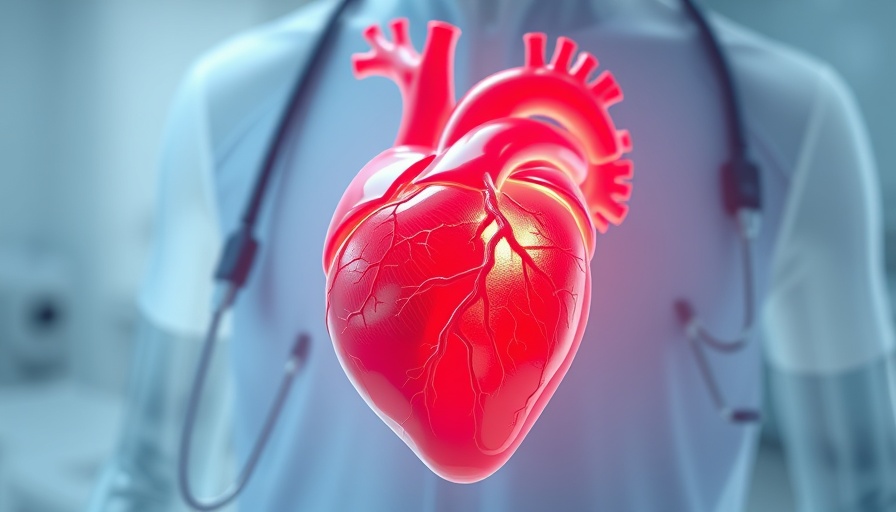
Understanding Cardiogenic Shock: A Critical Overview
Cardiogenic shock is a life-threatening condition that arises when the heart is unable to pump sufficient blood to meet the body’s needs. It's a complication often seen in patients experiencing severe heart issues, such as myocardial infarctions (heart attacks). The American College of Cardiology (ACC) has recently published concise clinical guidance to aid healthcare professionals in managing this critical condition effectively. By understanding the evaluation and management strategies presented, both healthcare providers and patients can have a clearer path through the complexities of cardiogenic shock.
New Clinical Guidance: What’s Changed?
The latest guidance from the ACC focuses on a streamlined approach to diagnosing and treating cardiogenic shock. Key highlights include the importance of rapid identification of the condition, emphasizing a multidisciplinary approach in treatment, and the incorporation of advanced technological methods to enhance outcomes. This guidance addresses various facets of care, from initial assessment to long-term management, and signifies a step forward in improving survival rates for those affected by this severe condition.
Key Assessment Strategies for Healthcare Providers
One of the essential components of the ACC’s guidance is the emphasis on early and accurate assessment. Healthcare providers are urged to conduct thorough clinical evaluations that include physical examinations and the use of diagnostic imaging and biomarkers. Understanding patients’ history, potential causes, and symptomatology is vital in implementing timely interventions. The guidance also mentions that tools like echocardiography and chest X-rays can assist in detecting the heart's mechanical functions, guiding decisions on immediate treatment protocols.
The Role of Technology in Improving Patient Outcomes
The integration of technology in managing cardiogenic shock plays a pivotal role in enhancing treatment efficacy. The ACC encourages the use of advanced monitoring systems and artificial intelligence algorithms for real-time data analysis. These technologies facilitate better understanding and prediction of patient responses to various treatment methods, allowing for more personalized care strategies. As a result, healthcare providers can react swiftly to deteriorating conditions, significantly impacting patient survival rates.
Future Directions in Cardiogenic Shock Management
As the field continues to evolve, ongoing research into novel therapeutics and interventions is paramount. The ACC's guidance sets the stage for exciting developments, including new pharmacologic agents and minimally invasive procedures. These innovations are likely to reshape treatment paradigms and potentially reduce the burden of cardiogenic shock on healthcare systems. Ensuring that healthcare personnel remain updated on these emergent strategies will be vital in safeguarding patients' lives.
Conclusion: Taking Action for Better Care
The advancements in managing cardiogenic shock and the recent guidance from the ACC represent significant strides towards improving patient care. Healthcare professionals must familiarize themselves with these protocols to ensure they provide the best possible outcomes. By staying informed and proactive, we can combat the challenges presented by cardiogenic shock more effectively.
 Add Row
Add Row  Add
Add 




Write A Comment